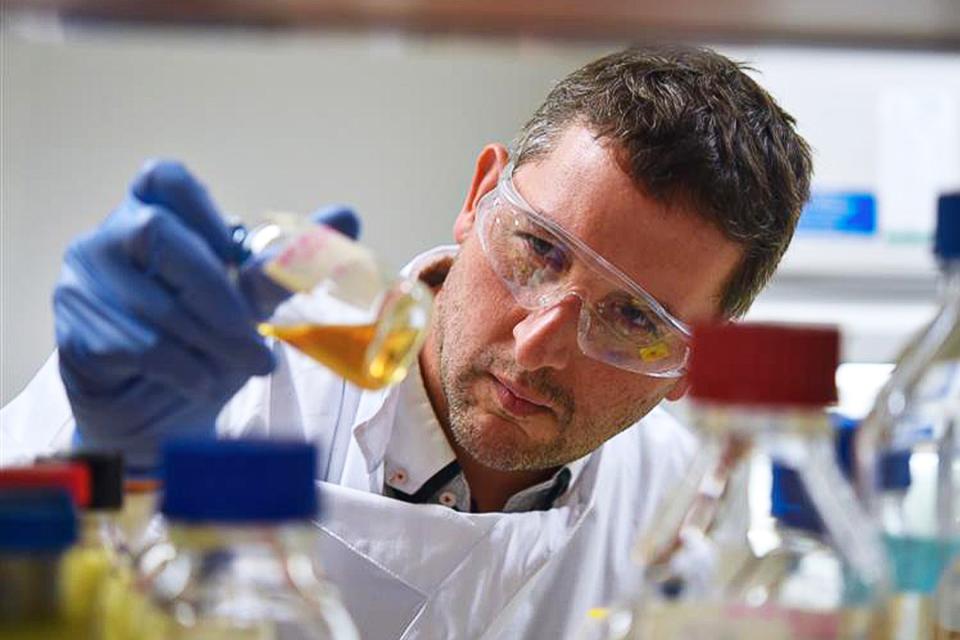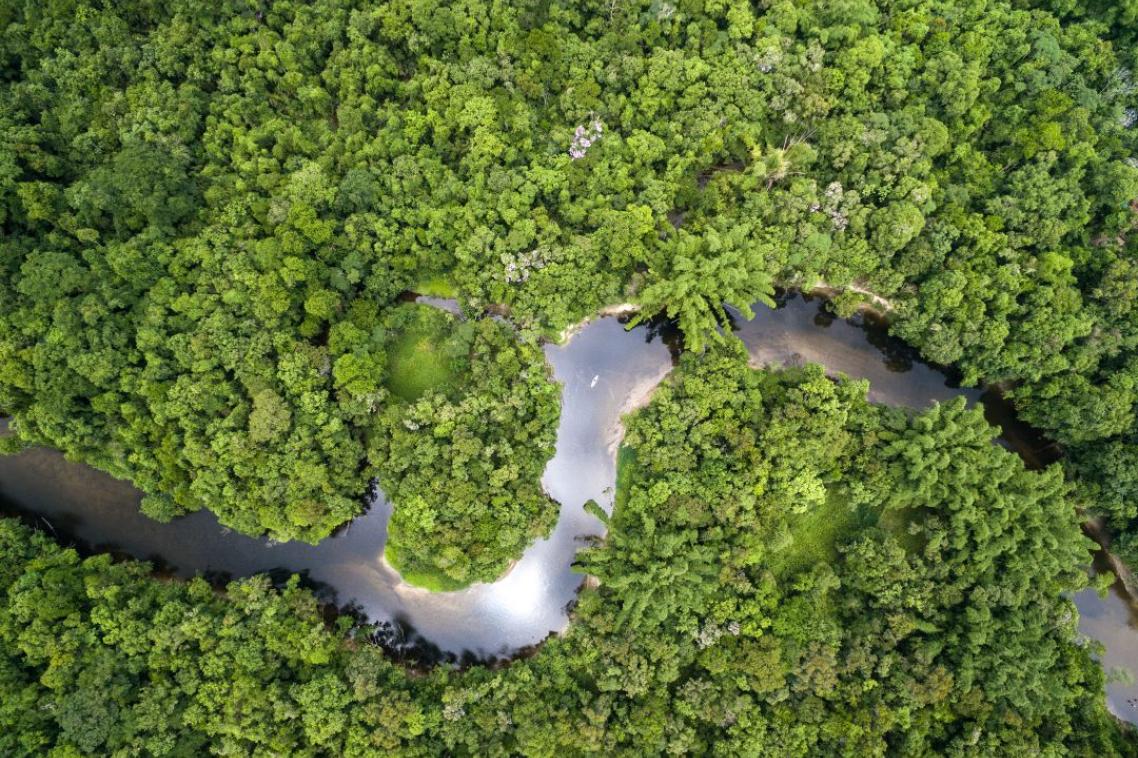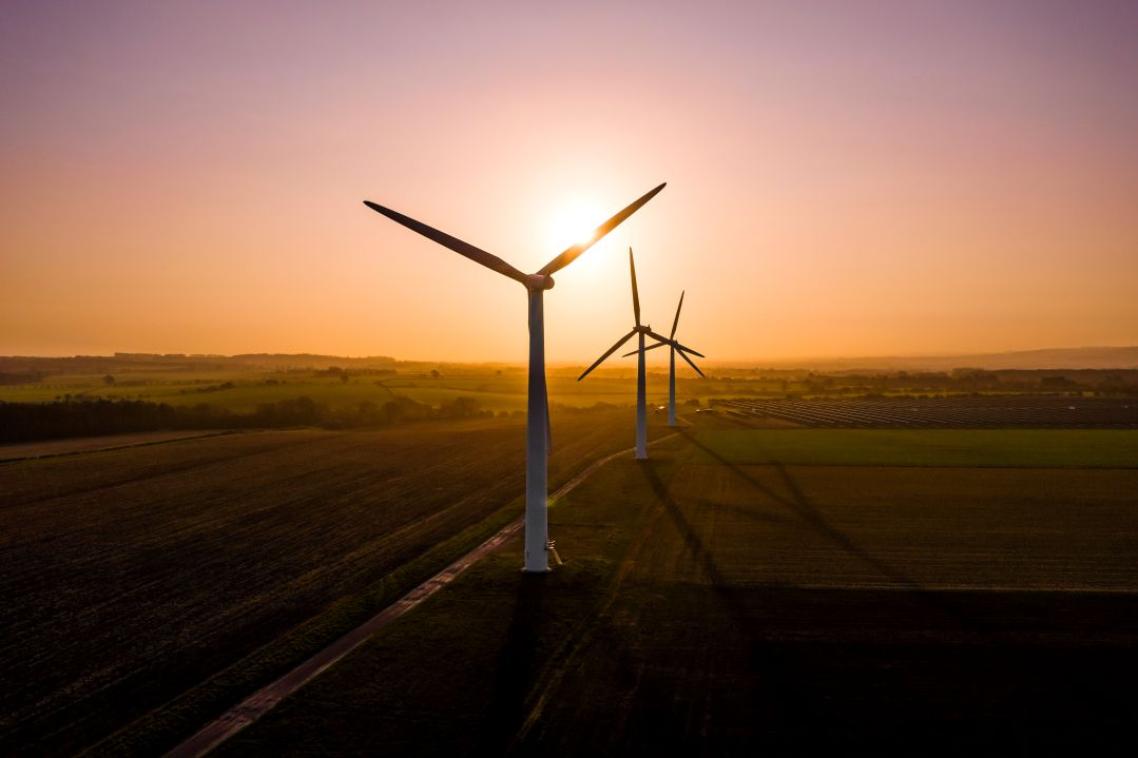Beyond COP30 – harnessing momentum and opportunity

(Photo credit: Wanan, Adobe Stock. )
COP30, the 30th United Nations Climate Change Conference held in Brazil, represented a step forward in global climate governance. It was the first climate summit to formally acknowledge that the temperature goal of the Paris Agreement will not be achieved. Although stark, this recognition created a more honest and constructive negotiation environment. By accepting that current efforts are insufficient, the focus shifted from aspirational rhetoric toward realistic implementation, resulting in a more grounded and solutions-oriented summit.
Hosting COP30 in Belém at the heart of the Amazon placed ecosystems, Indigenous stewardship and biodiversity at the centre of the global agenda. It highlighted that effective climate action depends on integrating environmental, social and economic considerations. This perspective broadened the scope of negotiation and encouraged parties to pursue climate strategies that deliver benefits for nature as well as sustainable development.
Forward momentum
One of the most positive outcomes of COP30 was a stronger commitment to reduce global reliance on fossil fuels. While the final language stopped short of calling for a complete phase out, the decision to accelerate the transition away from unabated fossil fuels is a meaningful step.
Delegates agreed to expand renewable and low carbon energy systems supported by improved reporting frameworks, clearer timelines and more robust transparency. This means greater predictability for governments, investors, industry and the research sector.
Climate finance reform also progressed, with COP30 delivering improved pathways for funding mitigation and adaptation, particularly for emerging economies. While longstanding gaps remain, parties adopted measures aimed at increasing accessibility and predictability of finance.
The conference devoted significant attention to nature-based solutions, sustainable agriculture and resilient land use systems. This reinforced the understanding that effective mitigation depends on integrated approaches that couple emissions reduction with biodiversity protection.
Innovation through biotechnology
COP30 recognised biotechnology and the circular bioeconomy as essential tools for climate mitigation. Previous COPs have only referenced this indirectly, usually within broader discussions on innovation or industrial decarbonisation. But in Belém, delegates acknowledged that biological systems – capable of converting waste carbon into valuable products, replacing petroleum derived feedstocks and supporting sustainable platforms – are necessary elements of deep decarbonisation. This reflects growing confidence in the maturity and scalability of industrial biotechnology and its relevance to global mitigation strategies.
COP30 also strengthened the alignment between the Paris Agreement and the Kunming Montreal Global Biodiversity Framework. Delegates committed to integrating biodiversity considerations into national mitigation plans and preserving ecological integrity in land use transitions. This has direct implications for agriculture, resource extraction and environmental management, and expands opportunities for biological innovation that reduces environmental impact while increasing productivity.
Homegrown opportunities
COP30 reaffirmed the strategic importance of critical minerals, including rare earth elements required for batteries, wind turbines and electronics. As global demand for electrification continues to increase, responsible extraction and processing of these minerals will become an essential component of global decarbonisation. This has relevance for Australia, home to some of the world’s largest reserves of rare earth elements, placing us in a strong position to contribute to the clean energy transition.
Conventional rare earth extraction is energy intensive and generates large volumes of mine waste. COP30 highlighted the need for circular and environmentally responsible mineral processing, creating a clear opening for biological innovation. An example is the engineering of proteins that can bind selectively and with high affinity to rare earth elements. These biomolecules can be integrated into separation and refinement processes, enabling energy efficient extraction, low toxicity recovery and targeted reclamation of valuable metals from tailings streams.
This represents both a sustainability opportunity and a competitive advantage for Australia, aligning mineral wealth with national strengths in biotechnology.

Director UQ Biosustainability Hub Professor Esteban Marcellin.
UQ expertise at the forefront
The UQ Biosustainability Hub contributes to many of the technologies mentioned at COP30. Our work in protein engineering, synthetic biology and bioprocess design supports the development of biological tools for rare earth binding, metal recovery and eco-responsible mineral processing. By combining microbial and molecular engineering with Australia’s mineral resources, we can help establish new sectors in sustainable biomanufacturing that reduce environmental impact and improve national resilience. More broadly, the Hub is researching methane mitigation, Synbio for mining, waste carbon valorisation and microbial gas fermentation.
COP30’s recognition of biological solutions strengthens the enabling policy environment for innovation in these areas. These technologies provide viable routes to decouple industrial productivity from emissions and resource intensity.
Looking ahead
Overall, COP30 should be regarded as a constructive and forward-looking milestone. By acknowledging the limits of current progress while expanding the policy space for innovation, the summit created momentum for a more pragmatic and inclusive climate agenda. It reinforced the importance of biotechnology and the circular bioeconomy. The outcomes of COP30 strengthen Australia’s – and the UQ Biosustainability Hub’s – strategic positioning and opens new opportunities to use science and innovation to support a sustainable and resilient future.
The UQ Biosustainability Hub, part of the Australian Institute for Bioengineering and Nanotechnology, is a state-of-the-art facility designed to help industry accelerate the transition to a sustainable global bioeconomy.
Related articles

Brazil claims to be an environmental leader. Are they?

COP30 climate summit: UQ experts
Media contact
UQ Communications
communications@uq.edu.au
+61 429 056 139
